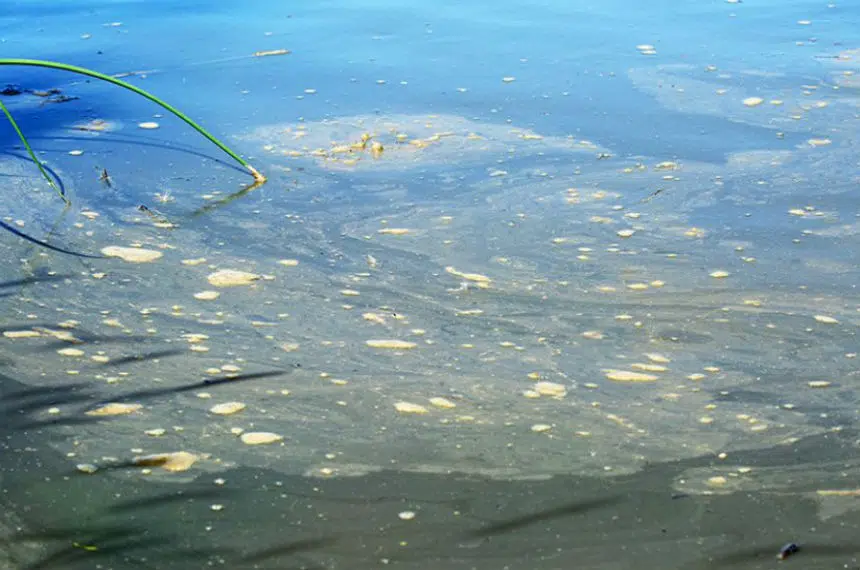By Bryan Eneas, for paNow.com
Three additional First Nations bands are seeking action against the energy company responsible for the 2016 oil spill into the North Saskatchewan River.
The James Smith Cree Nation and the Cumberland House Cree Nation filed lawsuits against Husky Energy on July 21. It turns out, three additional bands filed paperwork just days before for the same reason.
Little Pine, Sweetgrass, and Red Pheasant Cree Nation jointly filed legal paperwork arguing Husky Energy was negligent in both the maintenance of the pipeline and in clean-up efforts following the spill.
On July 20, 2016, a Husky Energy pipeline ruptured, spilling some 225,000 litres of oil and diluent into the North Saskatchewan River. In response, several cities and reserves were forced to implement water restrictions and limit access to the river.
The Statement of Claim filed July 18, spells out how band members were impacted by restricted water access and limitations on hunting, trapping, fishing, and gathering.
The documents which have not been proven in court, state Husky was negligent in the construction and maintenance of the pipeline, became a nuisance and trespassed on band lands and violated rights through the spill.
All three bands are seeking financial reparations from Husky Energy. In total, they’re requesting $35 million in compensatory payments, $20 million or an amount to be determined at trial in aggravated damages and $20 million in punitive damages. The bands are seeking pre and post-judgment interest and the costs of legal fees to be covered by the company as well.
The plaintiffs are also requesting the courts to order Husky Energy to remediate all of the contamination caused by the 2016 oil spill.
The parties are also seeking to have the courts order Husky to “stop their continued pollution of Reserve lands, the Treaty 6 lands, and the river, including contamination, migrating in, under, or through soil, surface water and ground water.”
In response to the legal action filed by the bands, Mel Duvall, a Husky spokesperson said it would be inappropriate for the company to offer comment as the matters are before the courts.
He did, however, note the company has worked alongside affected communities through the process.
“From the outset, we took full responsibility for this incident and worked cooperatively with downstream communities, including First Nations,” Duvall said.











